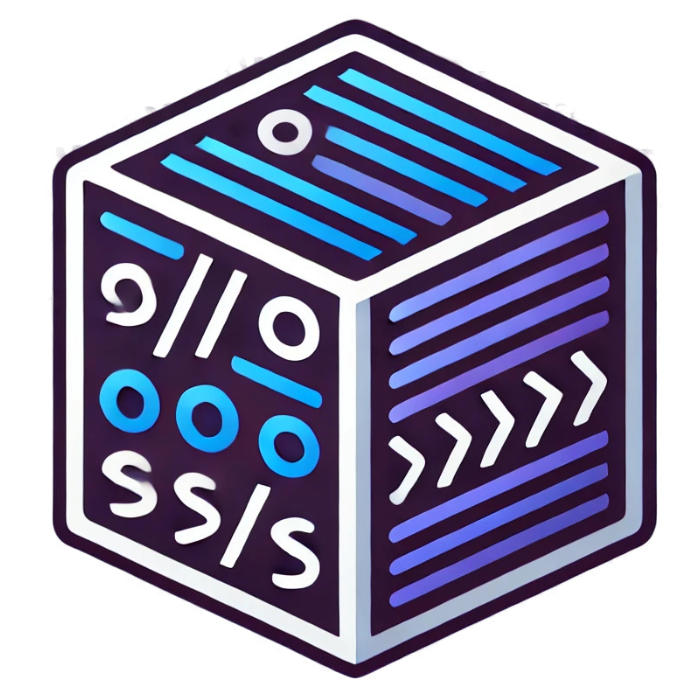Installing
Twoslash Features
| Feature | Supported Status |
|---|---|
| JSDocs and Type Hover boxes | ✅ |
| Error Handling/Messages | ✅ |
| Type Extraction | ✅ |
| Code Completions | ✅ |
| Code Highlighting | ✅ |
| Code Cutting | ✅ |
| Callouts | ✅ |
| TSComiler Overrides | ✅ |
| Show Emitted Files | ⛔️ |
Installation
Install the package with your favorite package manager
npm i expressive-code-twoslashpnpm add expressive-code-twoslashyarn add expressive-code-twoslashAdd to EC Config
Add ecTwoSlash to your Expressive Code plugin list
import { defineConfig } from "astro/config";import astroExpressiveCode from 'astro-expressive-code'import ecTwoSlash from "expressive-code-twoslash";
// https://astro.build/configexport default defineConfig({ integrations: [ astroExpressiveCode({ plugins: [ecTwoSlash()], }), ],});import { defineEcConfig } from 'astro-expressive-code'import ecTwoSlash from "expressive-code-twoslash";
export default defineEcConfig({ plugins: [ecTwoSlash()],});import { defineConfig } from "astro/config";import starlight from "@astrojs/starlight";import ecTwoSlash from "expressive-code-twoslash";
// https://astro.build/configexport default defineConfig({ integrations: [ starlight({ title: "Starlight", expressiveCode: { plugins: [ecTwoSlash()], }, }), ],});import { defineEcConfig } from "@astrojs/starlight/expressive-code";import ecTwoSlash from "expressive-code-twoslash";
export default defineEcConfig({ plugins: [ecTwoSlash()],});import rehypeExpressiveCode from 'rehype-expressive-code'import ecTwoSlash from "expressive-code-twoslash";
/** @type {import('rehype-expressive-code').RehypeExpressiveCodeOptions} */const rehypeExpressiveCodeOptions = { plugins: [ecTwoSlash()],}
// Rest of your Next.js configFor more information on how to add to your Next.js config, see the Expressive Code documentation.
Config Options
Default config options shown.
ecTwoSlash({ explicitTrigger: true, includeJsDoc: true, allowNonStandardJsDocTags: false, languages: ["ts", "tsx"], twoslashOptions: {},})
